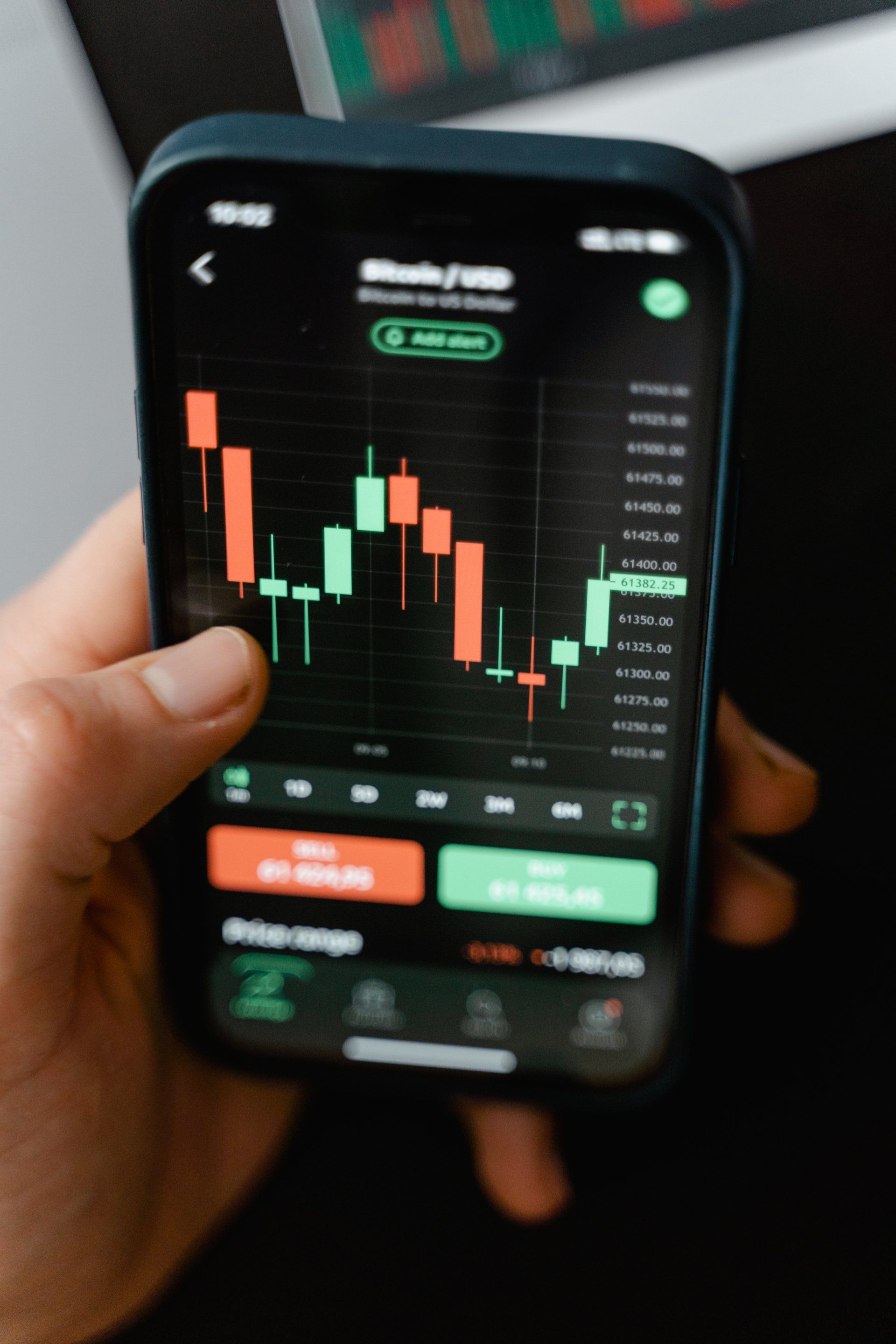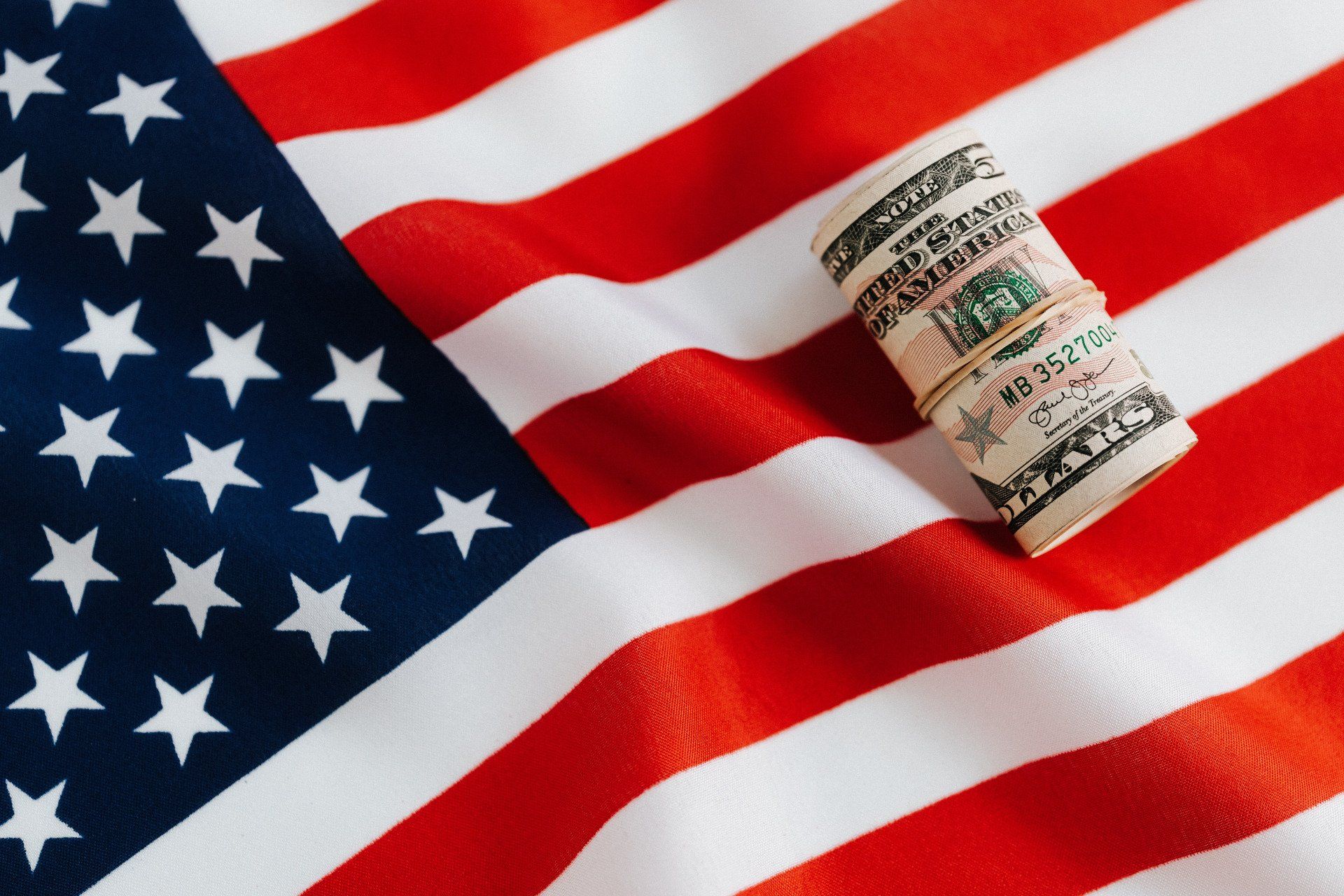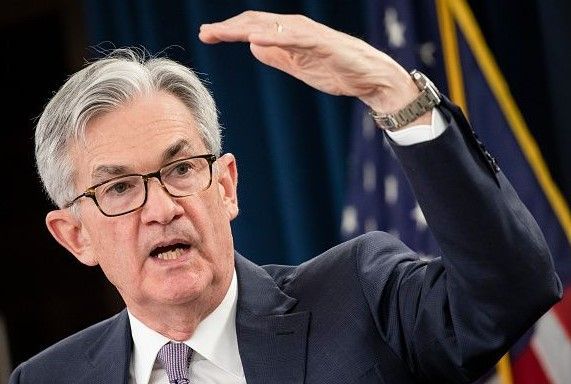What Retail Results tell us about Consumer Confidence
Inflation, inflation, inflation ......... that's all we keep hearing about at the moment. Inflation drives prices up making your weekly shop more expensive. When items cost more money we tend to cut back on spending or look for cheaper alternatives so the performance of Retailers gives us a great guide to real consumer confidence particularly for the forthcoming Holiday Season. So what are Retailers saying?
Well the results are giving different signals, not unlike the official economic data that is out there. In this Q3 earnings season a host of Retailers have already reported.
Updates from Lowes and Home Depot suggested that demand for building, home improvement and maintenance products is holding up. Amazon sees signs of consumer weakness in Q4 whereas Walmart reported good numbers and predicts a good holiday season (also saying it has captured more affluent consumers who are now looking for cheaper prices).
So it was with interest that we awaited Target's earnings. When these came out they were not well received, resulting in a 15% share price drop. But it's the detail that is more interesting here. In the latter weeks of the 3rd quarter Target said that "sales and profit trends softened meaningfully, with guests' shopping behavior increasingly impacted by inflation, rising interest rates and economic uncertainty". This means they have downgraded their guidance for Q4 which includes the all important Holiday Season.
At a high level Target and Walmart are fairly similar propositions so what is the big difference and what is it really telling us about the robustness of consumer spending? Target arguably has more discretionary spend items than Walmart and this seems to be the key here. The company update shows that shoppers are increasingly only buying goods that are on sale and they've been shifting spend to private label goods, smaller pack sizes and larger sizes that are on promotion. Specifically sales of home items, sporting goods and toys have lagged though food/beverages have held their own.
Importantly Target doesn't seem to have attracted as many more affluent customers who are moving down to find cheaper prices so arguably Target's update gives us a more accurate view of their consumer demographic. It's telling us consumers are hurting and the increasing inflation is taking it's toll!
Another negative indicator coming from Target is so called 'shrink', which is basically theft. They said that shoplifting has been getting worse and it the company has taken a write down of more than $400 million so far this year. This is another sign that consumers are hurting.
So what does it all mean? Well it's clear evidence that inflation is already hurting consumers and with it unlikely to come down significantly in the next few months it will have an impact well into 2023. Maybe the impact in Lowes and Home Depot will lag slightly because projects won't immediately get cancelled but they will also see the impact too. Remember the Fed is committed to getting the inflation back to 2% so there is a lot of work to be done and unfortunately a lot more pain to be felt as interest rates continue to increase.
This means that it's a difficult time to invest, most analysts are expecting reduced earnings next year and therefore don't think the market has hit the bottom. However, it could be a great time to think about trading: the markets move up and down everyday and that's where many banks are making good money.
USEFUL LINKS: Simple ways to Save Money, How the Rich Get Richer, What is Inflation?, Are Central Banks Being Honest
The Inteligex Trading System gives you award winning, proven Trade Signals and Indicators. Our extensive machine learning and sophisticated algorithms effectively predict market movements and price points. It's simple to learn and easy to use, we teach you everything you need to know and support you throughout your trading journey.
To see what Inteligex can do for you, book your FREE no obligation Personal Consultation below.









